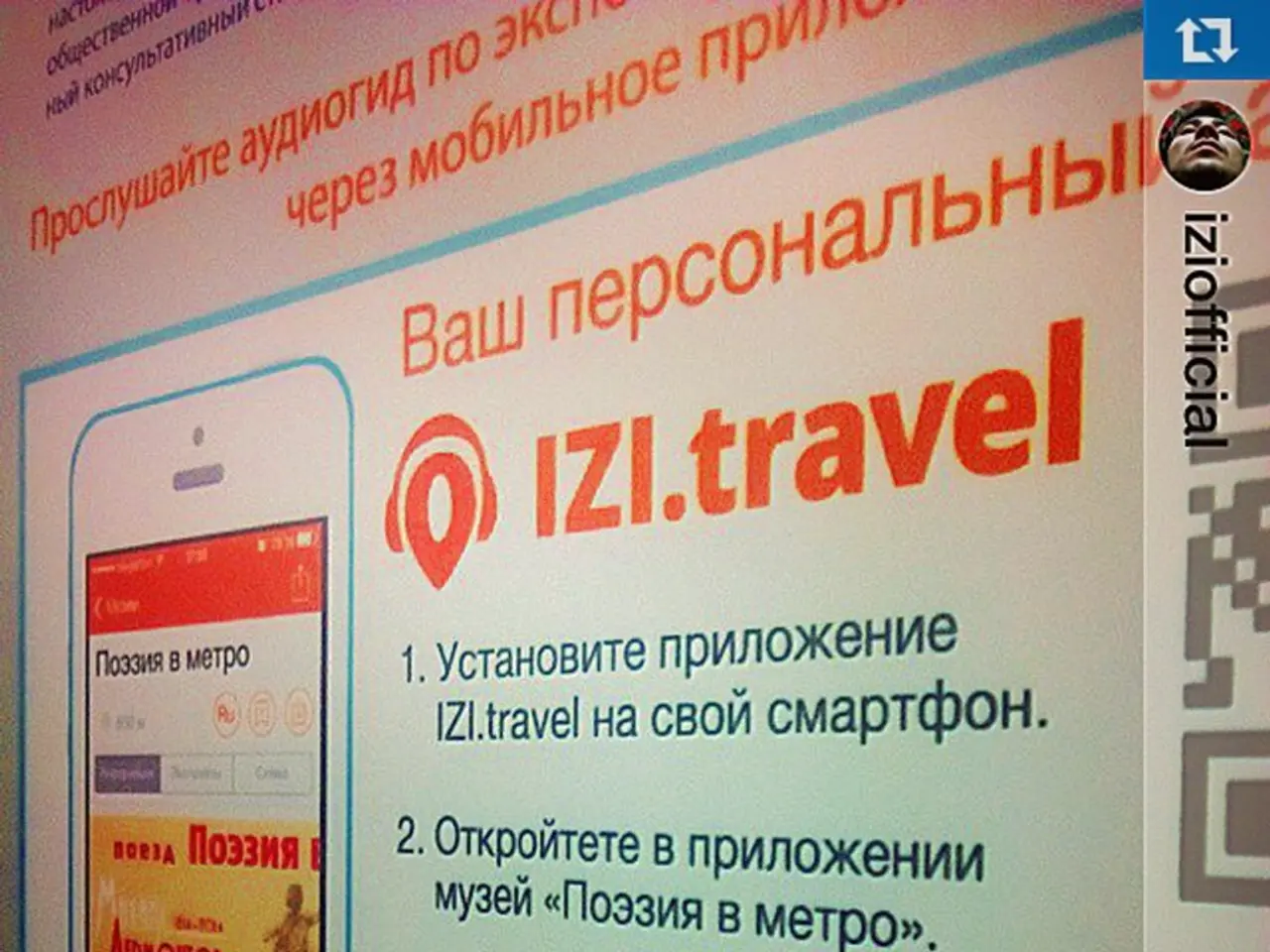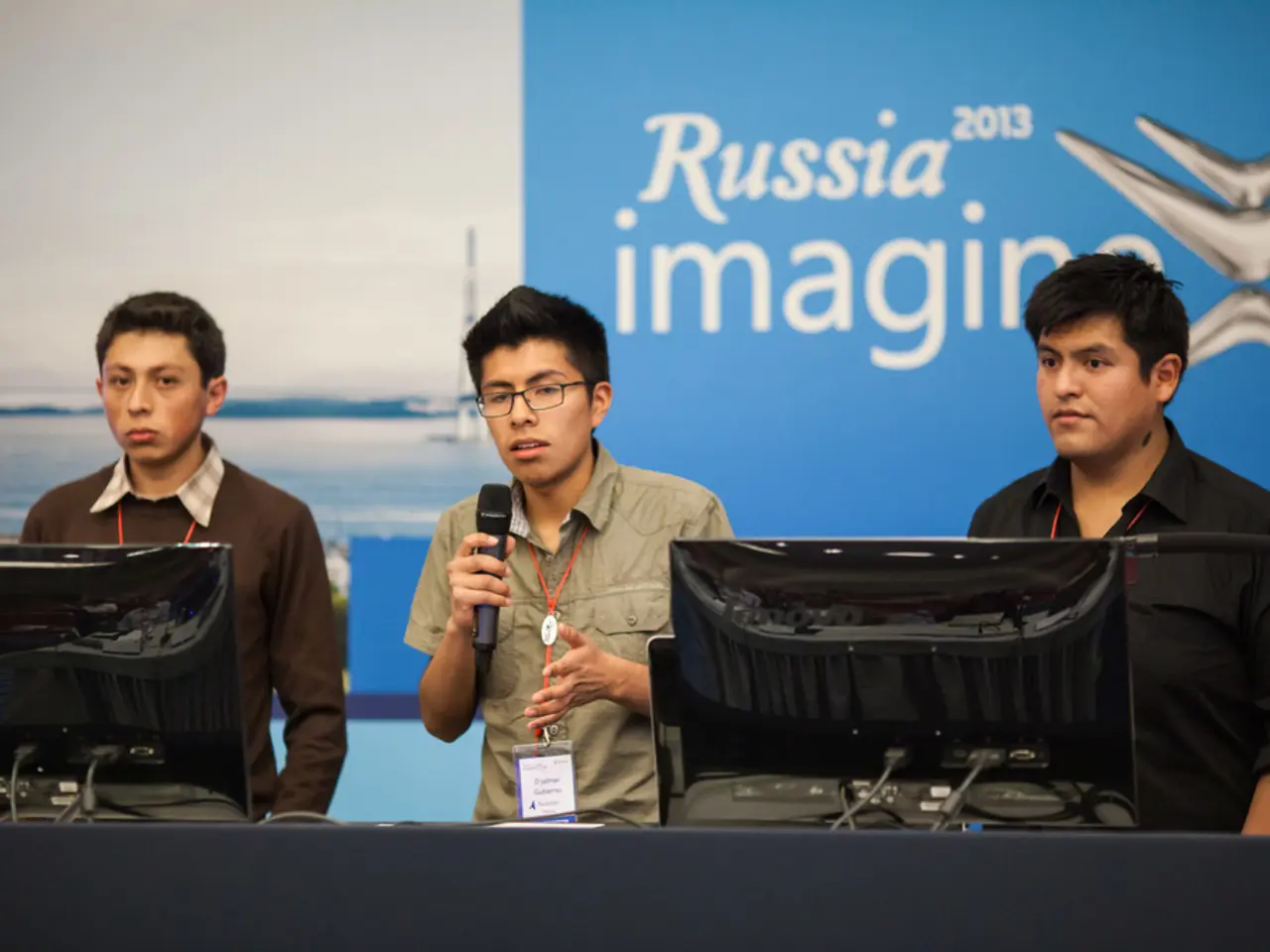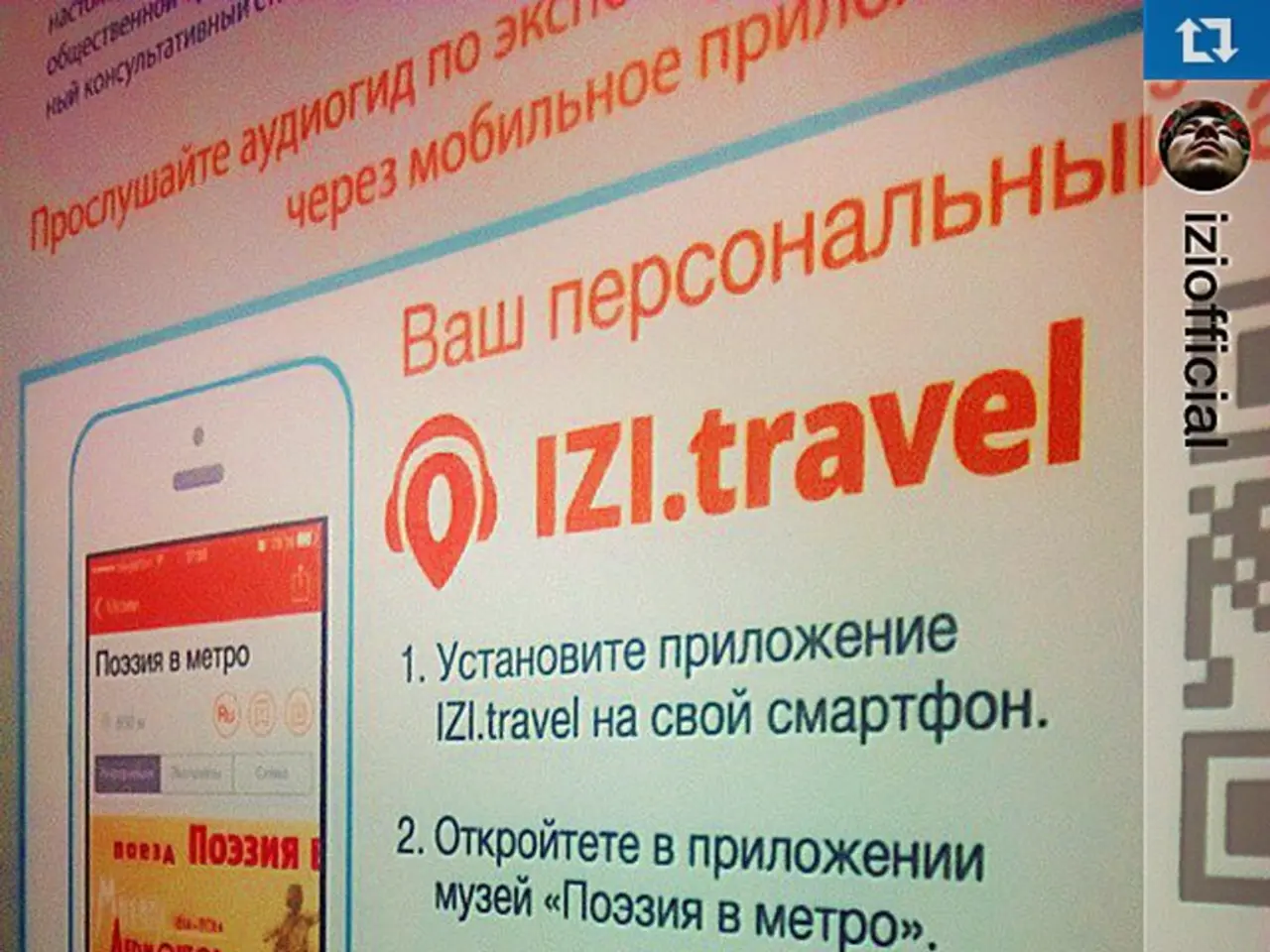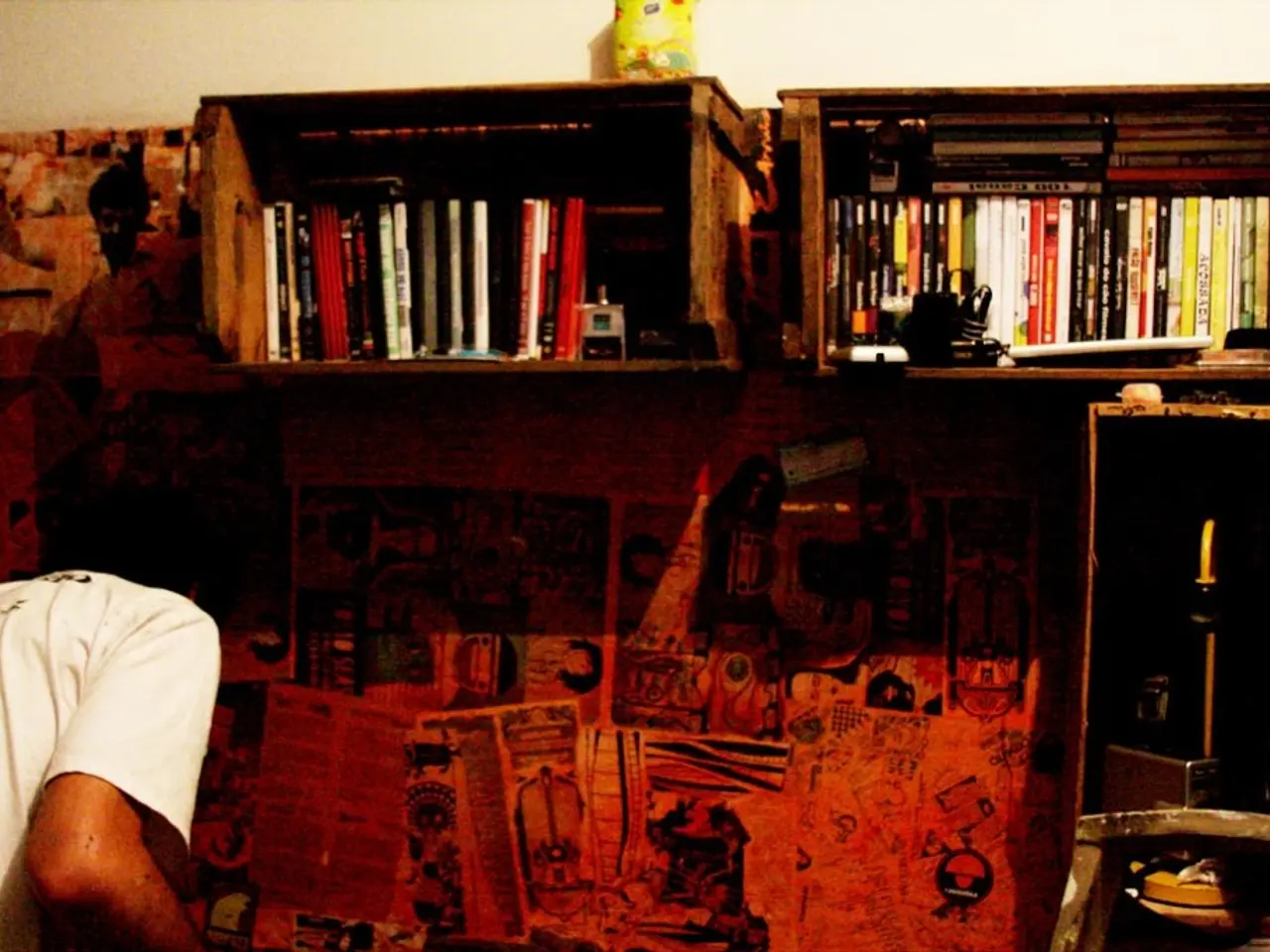Rotation of Journalists in Gaza to Be Permitted
In a recent development, Reporters Without Borders (RSF) has urged the German government to take concrete actions to protect Palestinian journalists in Gaza, who are facing severe dangers from Israeli military actions and restrictions.
The call comes amidst a backdrop of escalating tension in the region. On the same day, 31 prominent Israeli personalities published an open letter in "The Guardian", stating: "Our country is starving the people of Gaza to death." This assertion is supported by UNICEF and the World Food Programme of the United Nations, who have confirmed that Israel is systematically starving people in Gaza.
The Israeli government's actions have not gone unnoticed in the realm of press freedom. Israel is currently ranked 112th on the RSF's World Press Freedom Index, a one-place regression from the previous year. The Palestinian territories, meanwhile, are ranked 163rd out of 180 on the same index.
RSF has accused the Israeli army of war crimes against journalists in Gaza, highlighting that over 200 journalists have been killed there, many likely targeted because of their work. To protect Palestinian journalists, RSF has called for several measures:
- Suspension of the EU-Israel trade agreement, implicating Germany as an EU member, to pressure Israel over violations including attacks on journalists[1].
- Opposing and condemning the Israeli government's ban on foreign journalists entering Gaza, which RSF describes as a tactic to suppress independent reporting and increase risks to local Palestinian journalists who then bear sole responsibility to document conflict under extreme risk[2][4].
- Advocating for humanitarian and journalistic access to Gaza, aligning with calls to reopen border crossings to allow aid and media to enter safely[5].
While RSF's direct statements addressed the broader EU and international community, their urging relates to Germany's role in the EU-Israel relationship and in protecting press freedom by influencing policy and providing support for the safety of journalists under threat in Gaza.
The situation for local journalists is dire. The journalists' union of AFP recently sent a distress call stating that local employees were at risk of starvation. Many Palestinian journalists are working under imminent danger to their lives and chronic shortages.
The international community is also expressing concern. 38 media organizations, including "Guardian", "Financial Times", and "Washington Post", have signed a joint appeal for Israel to allow local journalists and international media access. A joint appeal was published by BBC News, Reuters, Associated Press, and AFP regarding the need for international journalists to access the Gaza Strip.
However, little criticism of the Gaza war has been heard from the two major German journalists' unions. This silence has not gone unnoticed, with the German Journalists' Association (DJV) causing outrage on social media on Wednesday with a warning about attempts at manipulation with "photos of severely emaciated children, whose condition does not appear to be due to the famine in Gaza". The depicted children in the controversy were clearly suffering from hunger.
In conclusion, RSF's principal actions urged of Germany are to use its influence within the EU to suspend trade agreements with Israel due to human rights violations affecting journalists and to support efforts to allow safe humanitarian and journalistic access to Gaza so Palestinian journalists can work without extreme threat or obstruction[1][2][4][5]. The international community, including Germany, is being called upon to take action to ensure the safety and freedom of the press in Gaza.
[1] Reporters Without Borders. (n.d.). EU-Israel trade agreement. Retrieved from https://rsf.org/en/news/eu-israel-trade-agreement [2] Reporters Without Borders. (n.d.). Israel: Ban on foreign journalists entering Gaza. Retrieved from https://rsf.org/en/news/israel-ban-foreign-journalists-entering-gaza [3] Reporters Without Borders. (n.d.). Humanitarian and journalistic access to Gaza. Retrieved from https://rsf.org/en/news/humanitarian-and-journalistic-access-gaza [4] Reporters Without Borders. (n.d.). Israeli government's attacks on journalists. Retrieved from https://rsf.org/en/news/israeli-government-s-attacks-journalists [5] Reporters Without Borders. (n.d.). Safety of Palestinian journalists in Gaza. Retrieved from https://rsf.org/en/news/safety-palestinian-journalists-gaza
- The urgent call for action by Reporters Without Borders (RSF) extends to the politically charged landscape of war-and-conflicts, as they demand Germany's intervention to protect Palestinian journalists, who are operating amidst dangerous conditions in Gaza.
- As the international community grapples with the general-news of the Israeli-Palestinian conflict, the silence from major German journalists' unions regarding the safety of local journalists in Gaza has led to criticism and raised questions about their commitment to upholding press freedom.








